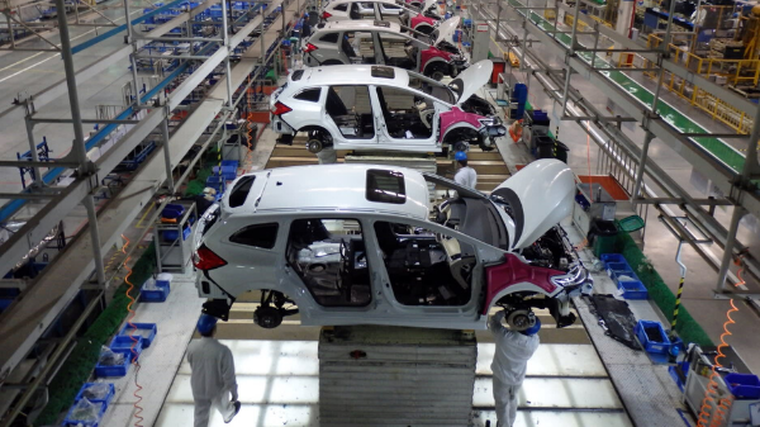Double blow for Japanese marques

Carmakers in Japan are facing a double whammy of global chip shortages and inflated raw material costs, which is disrupting production plans and offsetting the extra profits gained from a weak yen.
A number of marques are concerned they will be unable to produce enough vehicles to meet demand due to a lack of chips and the high commodity prices.
It comes as some of the major carmakers report healthy earnings for the April to September period, such as Honda recording ¥453.4 billion (about NZ$5.3b) in operating profits, up ¥112b from a year earlier.
Eiji Fujimura, who is in charge of accounting and finance at Honda, said: “[The record sales figure] is largely because of the foreign exchange rate, not because of a [rise in] unit sales, so we can’t really be proud of it.”
Honda has lifted its full-year sales outlook to ¥17.4 trillion but cut its forecast for vehicle unit sales to 4.1 million, down by 100,000, due to chip shortages.
Toyota has also lowered its full-year production target by 500,000 units to 9.2 million because of the struggle to secure enough semi-conductors.
Its April-September operating profit dropped to ¥1.14tn from ¥1.74tn during the same period in 2021, with the company largely blaming the fall on rising raw material costs.
Nissan has also reduced its global sales outlook from four million units to 3.7 million, reports the Japan Times.
Makoto Uchida, Nissan’s chief executive officer, says uncertainties about the costs of raw materials remain and the company plans to work with suppliers to monitor the situation.
Suzuki notes it is struggling to meet demand for its vehicles due to the global chip shortage. Toshihiro Suzuki, president, adds: “It’s hard to predict when [chip supplies] will return to normal. … I think we will need to keep staying vigilant next year as well.”





